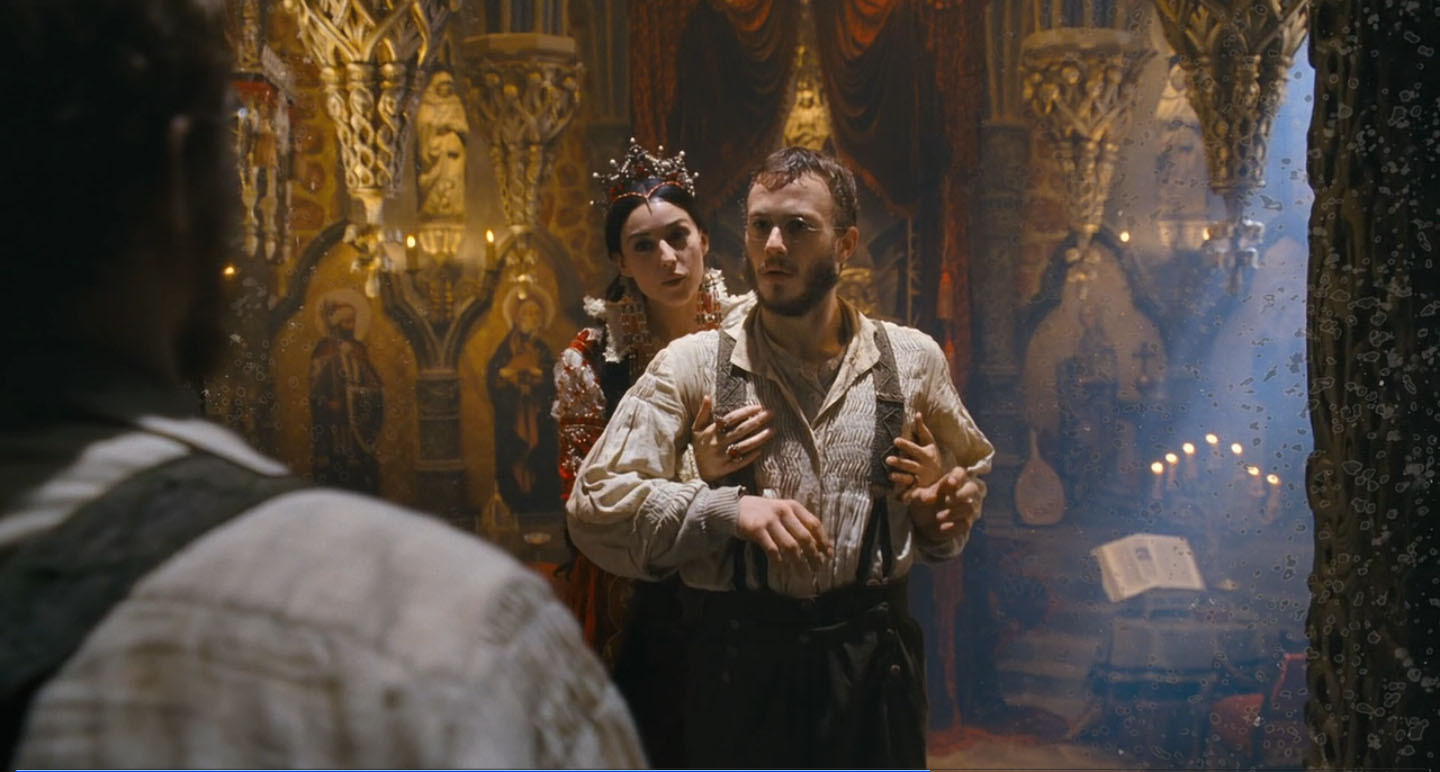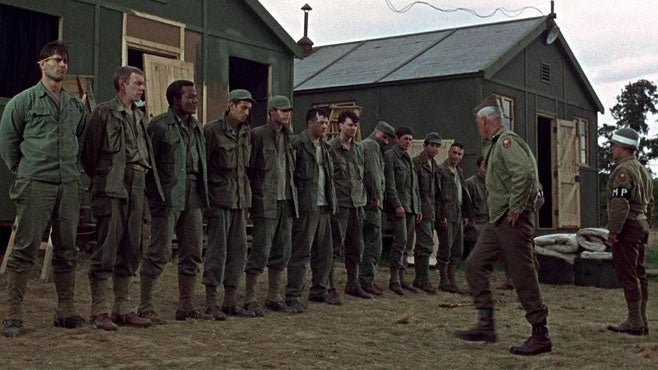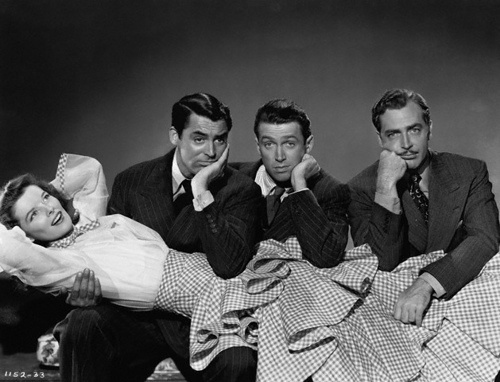#247 - Hulk
Ang Lee, 2003

A scientist with a mysterious past ends up being exposed to radiation, thus turning him into a giant green creature whenever he becomes enraged.
I haven't seen
Hulk since it first came out in theatres - on the basis on that viewing, I ended up putting it on my Worst 100 list. Of course, I had to wonder if I'd misjudged it a bit, and the fact that it was directed by Ang Lee suggested that it might at least have had some quality that I'd missed due to being under the impression that it would just be a mindless action blockbuster about an angry green giant smashing up everything in sight. At the very least, re-watching
Hulk has shown that at the very least it should be appreciated as an overly ambitious misfire rather than a derivative, half-assed mess (like a certain other superhero film released in 2003 that I reviewed recently), but beyond that it's hard to think of it as a film that should be appreciated in general.
For starters, I appreciate that Lee and co. did try to literally bring a comic book style, complete with various editing techniques designed to simulate the experience of reading comic book panels such as split-screens or flashy scene transitions. The execution of this varies in quality from moment to moment but at least it's not boring - no, leave the boredom to the rest of the movie. I know everyone likes to criticise this film because it tried to provide a deep rumination on the Hulk's nature that flew in direct contrast to the Hulk's widespread reputation as a destructive, barely-coherent manifestation of scientific folly. Of course, the problem is that
Hulk just doesn't do it properly. Making the film's main conflict about the relationship between Bruce (Eric Bana) and his biological father (Nick Nolte) and how it led to Bruce becoming the Hulk had some potential, but it's never developed as well as it should be. Aside from that, there's the greater physical conflict between the Hulk and the U.S. military, which also makes sense but isn't executed properly - not even having a harsh yet somewhat justified antagonist in the form of a general (Sam Elliott) and the complications caused by his daughter (Jennifer Connelly) being Bruce's ex-girlfriend pay off as well as they should. Way too much of this film ultimately fails to entertain in its own right and instead makes you think about how well the film could have played out.
Aside from the overly long and underdeveloped story side of thing (which isn't helped by lacklustre performances), the action is also pretty middling in terms of quality. Though Lee has a generally good eye for visuals and the CGI hasn't aged as badly as one might think, it's still not put to good effect as there's a distinct lack of solid action. That notorious fight between Hulk and a trio of dogs infused with Hulk DNA just looks even more ridiculous after a decade or so, while the majority of the action scenes pit Hulk against the military and offer up some fairly dry scenes involving Hulk causing considerable and supposedly non-lethal destruction in both desert and city. If anything,
Hulk isn't an outright bad film so much as an extremely rough predecessor for a lot of the newer superhero films - there are elements that can be appreciated but more so because of their potential than because of their actual execution. At the very least, it is most definitely off my 100 Worst Movies Ever list, for whatever that's worth.


 I laughed so much during that film. Again, I've not seen it in a very long time, but I must've seen that film 10-15 times.
I laughed so much during that film. Again, I've not seen it in a very long time, but I must've seen that film 10-15 times.









